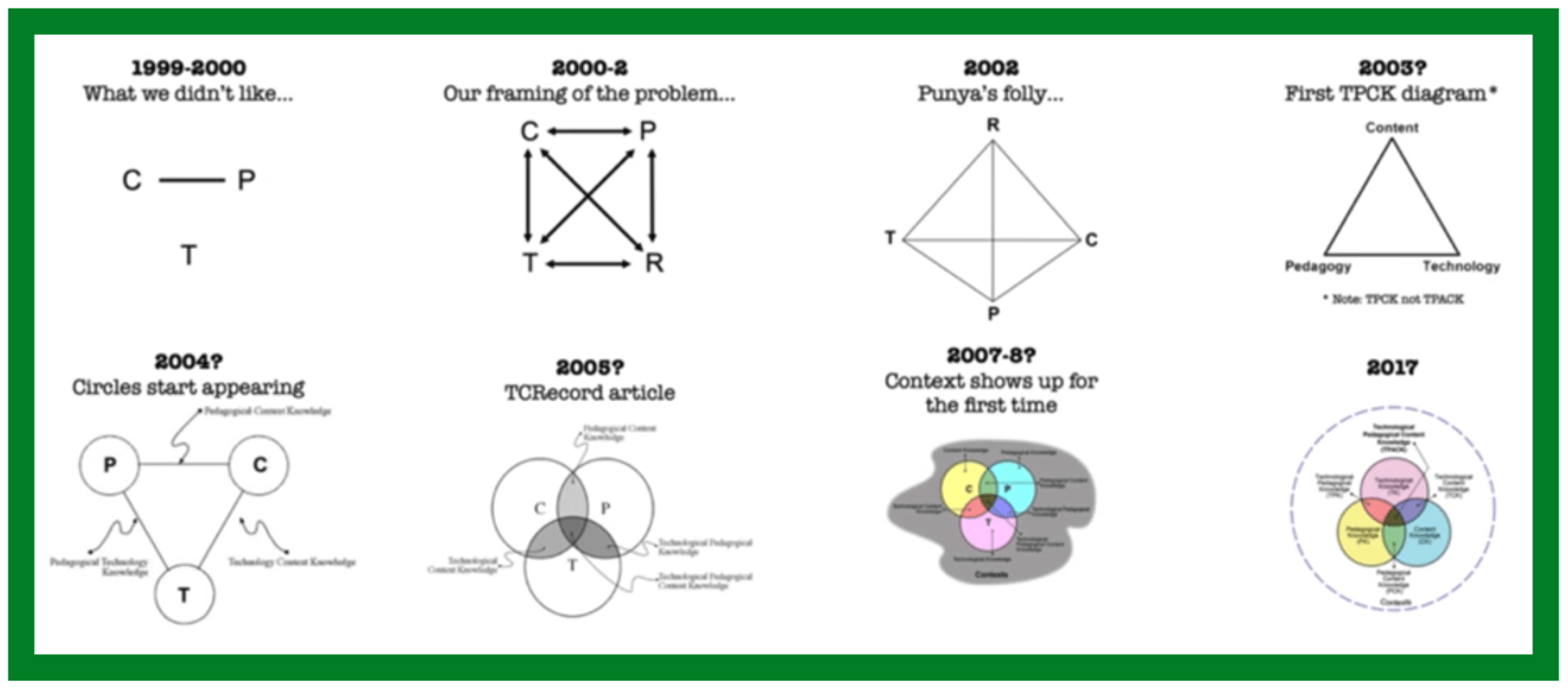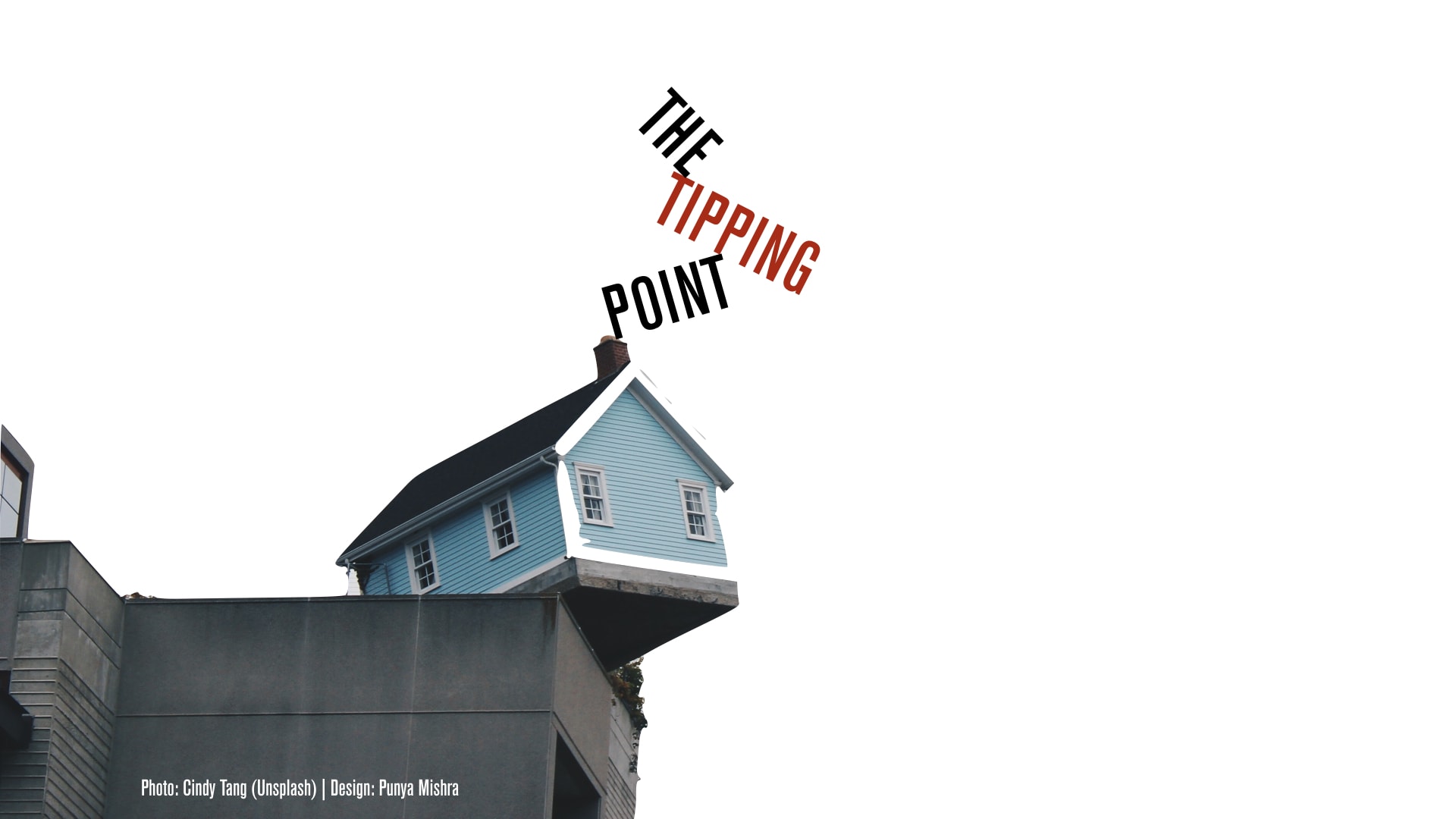An interesting (and growing) collection of “habits, rituals and small (and occasionally big) methods people and teams use to get their work done. And in the specific anecdotes and the way people describe their own relationship to their own work.”
Kind of cool and inspiring. I was particularly impressed by Ballard…
“Unless you’re disciplined, all you end up with is a lot of empty wine bottles. All through my career I’ve written 1,000 words a day – even if I’ve got a hangover. You’ve got to discipline yourself if you’re professional. There’s no other way.”
Find your own favorite at How we work!



Two books come to mind –
Curious Minds: How a Child Becomes a Scientist edited by John Brockman (http://tinyurl.com/6luspo)
and
The Creative Process: Reflections on the Invention in the Arts and Sciences edited by Brewster Ghiselin (http://tinyurl.com/5kzzre)